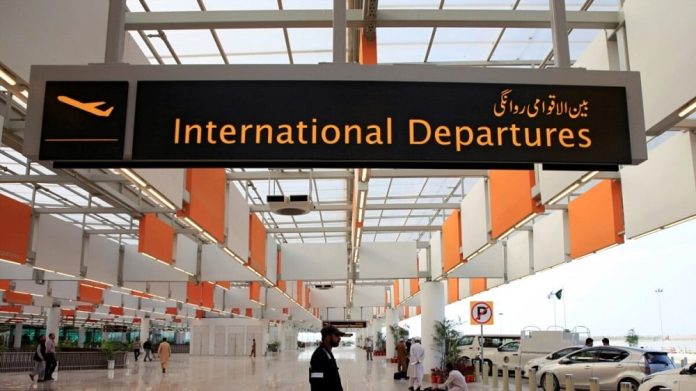Pakistan is currently facing a serious challenge as thousands of highly skilled professionals are leaving the country in pursuit of better opportunities abroad, intensifying the brain drain phenomenon. The departure of these talented individuals poses a significant risk to Pakistan’s economy and overall development.
More than 11 million Pakistanis are living in other countries. In 2022, a large number of young and qualified professionals, around 765,000, left Pakistan to find jobs abroad. This was mainly due to the unstable political and economic situation in their home country.
The emigration of skilled professionals has been an ongoing concern for Pakistan, but the scale and impact of the current wave are unprecedented. Doctors, engineers, scientists, and professionals from various fields are citing limited career growth prospects, inadequate compensation, and a lack of resources and infrastructure as key factors driving their decision to seek opportunities elsewhere. The prevailing political and social instability, along with concerns about security and corruption, have further contributed to their disillusionment.
The consequences of this brain drain are far-reaching. Pakistan stands to lose not only the expertise and knowledge of these professionals but also the potential for innovation, research, and technological advancements. Sectors heavily reliant on skilled labor, such as healthcare and engineering, will bear the brunt of this exodus, leading to increased strain on the healthcare system and a setback in critical infrastructure development.
Addressing this issue requires immediate action. The government must prioritize initiatives that create a conducive environment for professionals to thrive, including enhanced career prospects, competitive compensation, and investments in research and development. Furthermore, improving infrastructure, healthcare, and education systems can help attract professionals back to the country.
Efforts should also be made to establish platforms that facilitate knowledge-sharing and networking among professionals, both within Pakistan and abroad. These initiatives can foster a sense of belonging and provide opportunities for professionals to contribute to the country’s development even while residing overseas.
Pakistan cannot afford to ignore the brain drain crisis it faces. It must take swift and decisive action to reverse this trend and harness the potential of its talented workforce for a prosperous future. Failure to do so may result in long-lasting consequences, hindering economic growth and diminishing Pakistan’s competitiveness on the global stage.


